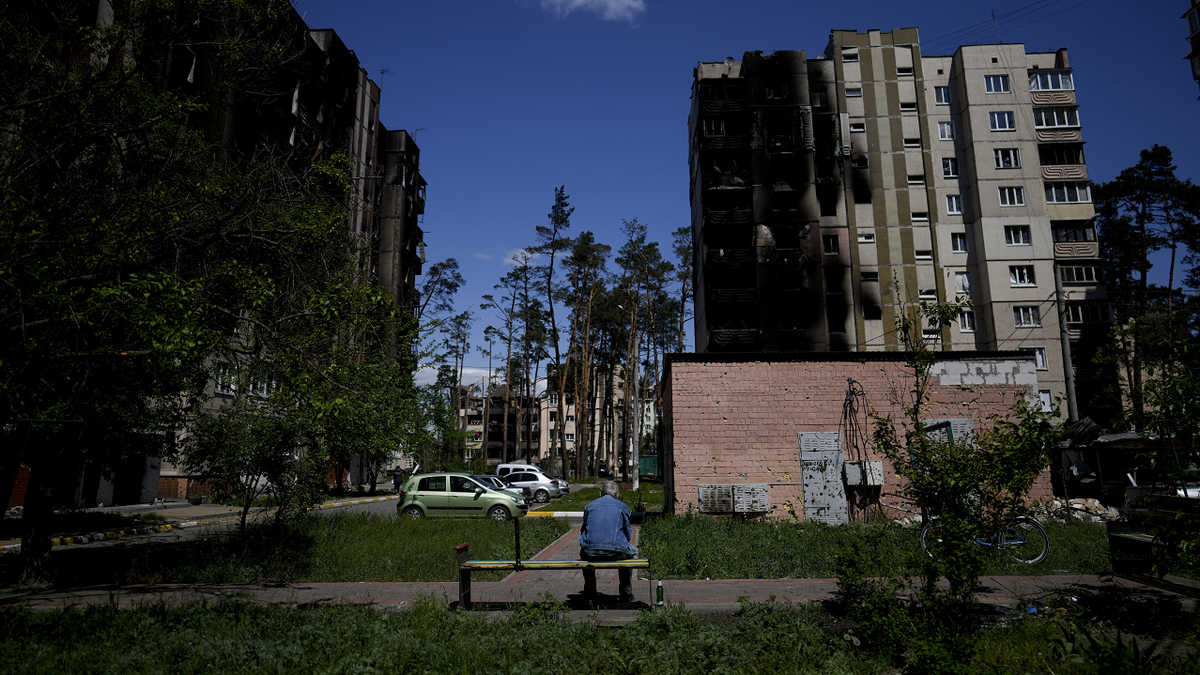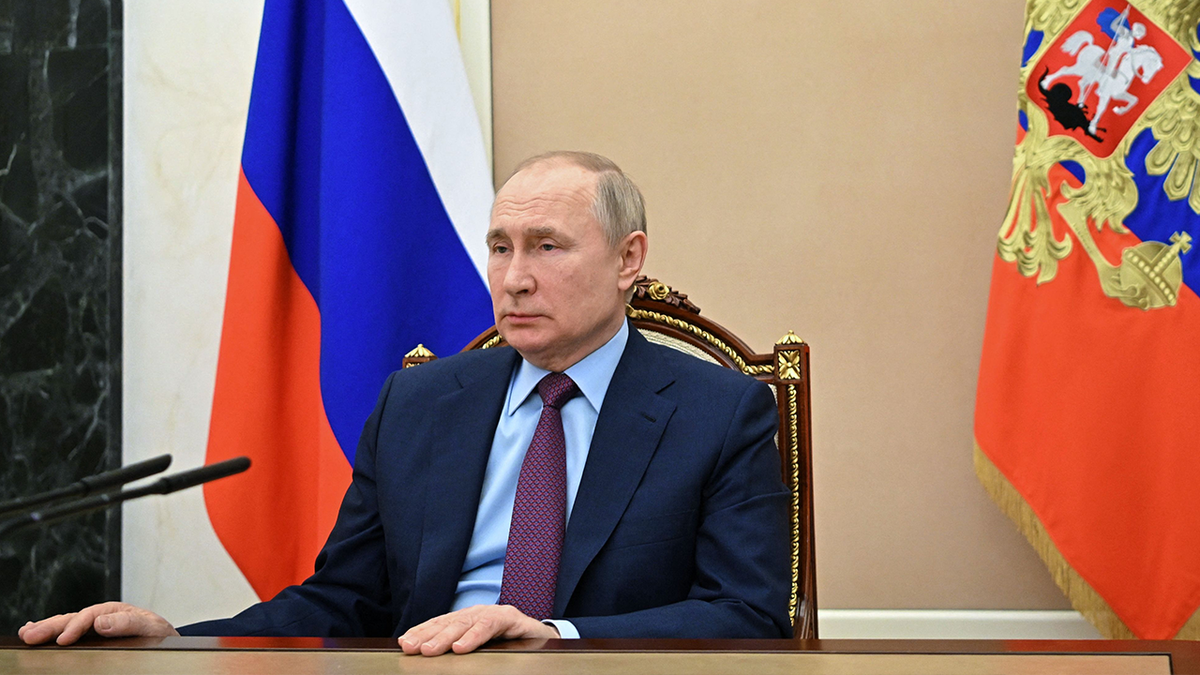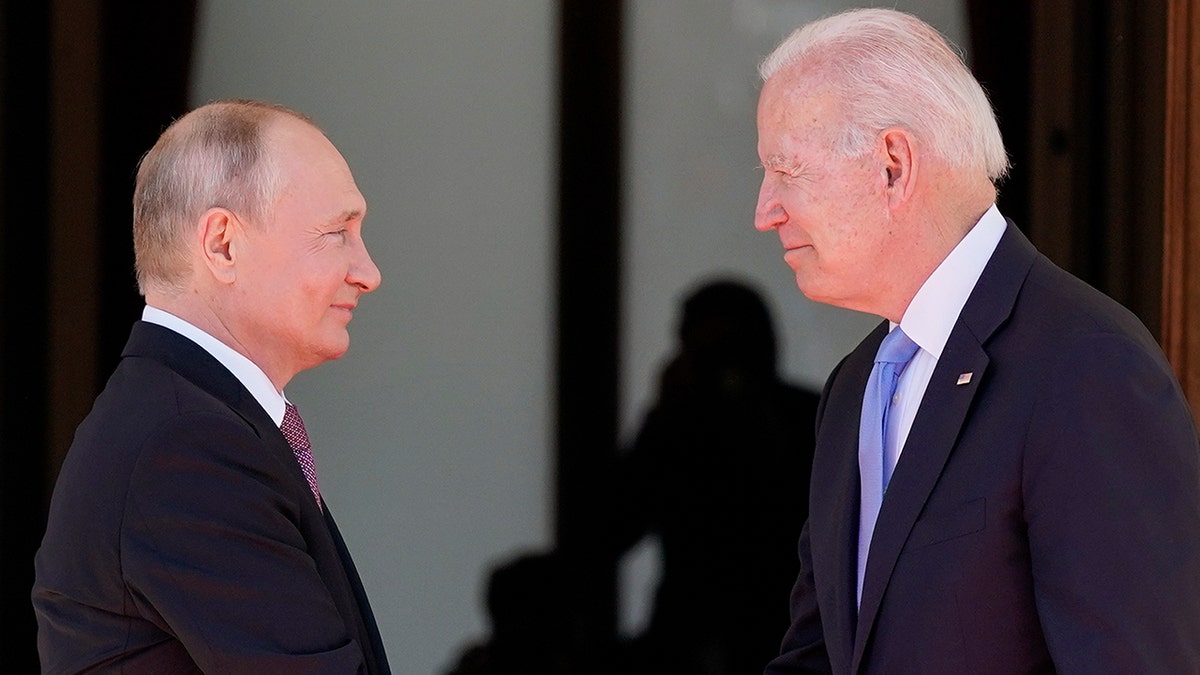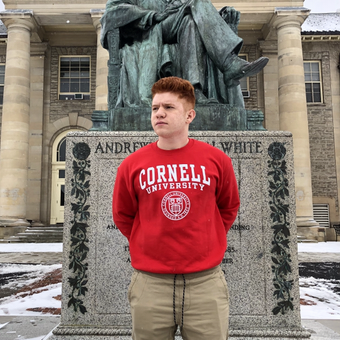Tucker Carlson: We are the closest we've ever been to nuclear conflict in history
Fox News host Tucker Carlson weighs in on the Russia-Ukraine conflict on 'Tucker Carlson Tonight.'
New York Times columnist Ross Douthat argued Saturday that America should take Russian President Vladimir Putin's threats of using nuclear weapons in the Ukraine conflict seriously and that the world is closer to nuclear war than it has been in recent times.
"Across almost eight decades the possibility of nuclear war has been linked to complex strategic calculations, embedded in command-and-control systems, subject to exhaustive war games," Douthat wrote. "Yet every analysis comes down to unknowable human elements as well: Come the crisis, the awful moment, how does a decisive human actor choose?"
"This problem is worth pondering because the world is probably now closer to the use of nuclear weapons than at any point in decades—and just how close may depend on the unknowable mental states of the Russian dictator," Douthat argued.
VLADIMIR PUTIN GRANTS FULL RUSSIAN CITIZENSHIP TO EDWARD SNOWDEN

A resident sits outside buildings damaged by shelling in Irpin, on the outskirts of Kyiv, Ukraine, on Tuesday, May 24. (AP/Natacha Pisarenko)
Critics of the United States' policy toward the war argue that President Biden's comments about regime change in Russia risk stoking the nuclear tensions that the New York Times' Douthat warns about in his piece.
"[W]hile the West’s Ukraine hawks, who are currently inclined to play down the nuclear risk, have gotten a lot right about this war, one of the key things they’ve been right about is that the aging Putin is more a reckless, ideologically motivated gambler than a cold-eyed statesman," Douthat argued.
"What does that imply for nuclear peril? Nothing good," he wrote.
GOVERNMENT FUNDING BILL TO INCLUDE OVER $12 BILLION IN NEW UKRAINE AID

Russian President Vladimir Putin use state-run media to spread the Kremlin’s message. (ALEXEI NIKOLSKY/Sputnik/AFP via Getty Images, File)
"American support for Ukraine is good and necessary, but there is a point at which Ukraine’s goals and America’s interests may diverge, and the combination of Ukrainian military breakthroughs and Russian nuclear threats brings that point closer than before—the point where the Ukrainians want to go all the way, and we require negotiation and restraint," Douthat wrote.
Douthat argued that Biden's policies "will be judged not only on what they achieve for the embattled Ukrainians, but for the peace of the entire world."

President Joe Biden and Russian President Vladimir Putin, arrive to meet at the 'Villa la Grange', in Geneva, Switzerland, June 16, 2021. (AP Photo/Patrick Semansky, File)
CLICK HERE TO GET THE FOX NEWS APP
Some across the political aisle have criticized the Biden administration for discouraging a negotiated settlement between Moscow and Kyiv. Fox News host Tucker Carlson, citing an April report in Foreign Affairs, pointed out that the two sides had tentatively agreed to a peace deal before the U.S. government opposed it.
"The terms of the deal were simple: Russia would withdraw its troops from Ukraine, Ukraine would promise not to join NATO. So each side would get the thing it wants most, simple and effective. And it might have worked," Carlson said. "But the Biden administration adamantly opposed this settlement. Biden's advisers didn't just want the Russians to leave Ukraine - that's what they told us they wanted on television, but no. Biden's advisers wanted a total regime change war against Russia."


